The Social and Educational Innovation (SEI) group seeks to make an innovative contribution in the areas of Education and Science Communication, contextualising its interventions with the most current updates in society and education, and addressing the problems of planetary sustainability. Understanding the Earth’s sustainability and the implicit change in behaviour to achieve sustainable development goals depends on educating students and making citizens aware of how global processes interact to create a safe and healthy existence, respecting earth subsystems and using nature-based solutions.
One of the SEI group’s research focuses is Innovation in Education, aiming to create educational resources, develop work programs to innovate teachers’ professional development, promote workshops and summer schools, and encourage developing digital skills and other initiatives to better develop pupils’/students’ skills for employability. Promoting an interdisciplinary approach to environmental education methodologies encompasses the sciences and other areas from a STEAM (Science, Technology, Engineering, Arts and Mathematics) perspective.
As SEI group’s second main focus of study is social innovation, which is a new approach to studying social problems and, at the same time, improving social capacities and connections, as well as reflecting on and discussing the use of natural resources from a geo-ethical, sustainable and responsible perspective. The goal of social innovation is systemic transformation, which necessarily involves scientific education and thinking about planetary sustainability, as well as developing informed citizens who actively participate in social transformation.
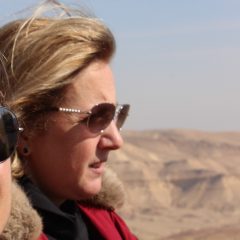
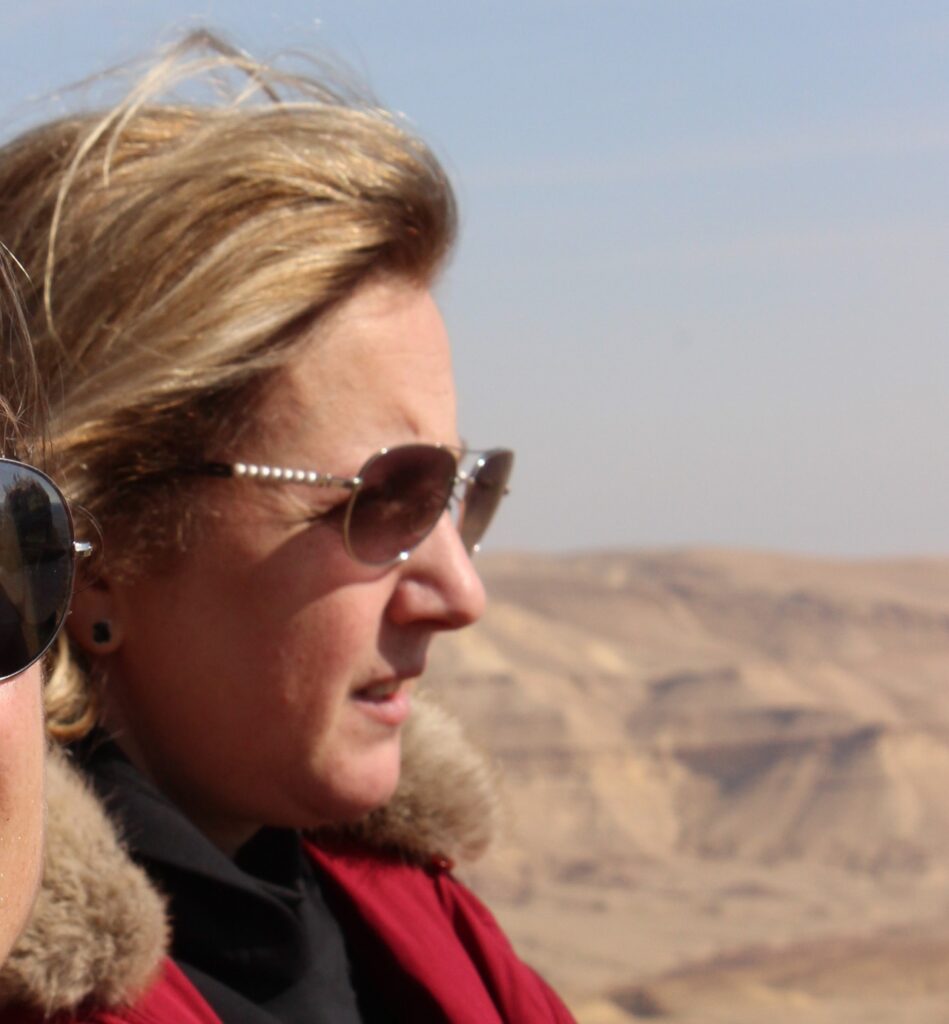
Clara Vasconcelos is a Professor at the Department of Geosciences, Environment and Spatial Landing and in the Unit of Science Teaching, both in the Faculty of Sciences of Porto University. Her interests are in Science Education and Teaching Methods, Sustainable Development, Environmental Education and Science Communication. She was the European Team Leader of GOAL project (Geoethics Outcomes and Awareness Learning) (2018-2021), an Erasmus Plus Project and the first European Project funded in the area of Geoethics. She is the Vice-Chair of IGEO (International Geoscience Education Organization) (2018-2021), a Commissioner of IUGS in COGEducation. (2015-), the National Co-Coordinator of International Association for Promoting Geoethics- Portugal. (2014-), Member of the Panel of Experts in Education of the European Federation of Geology. (2010-), and a Portuguese Council Member of the IGEO. She is the Editor of the Education in Geosciences Collection of Geoscience (and MDPI open access journal).
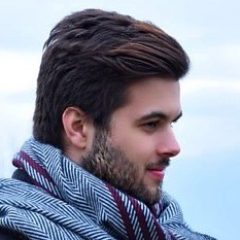
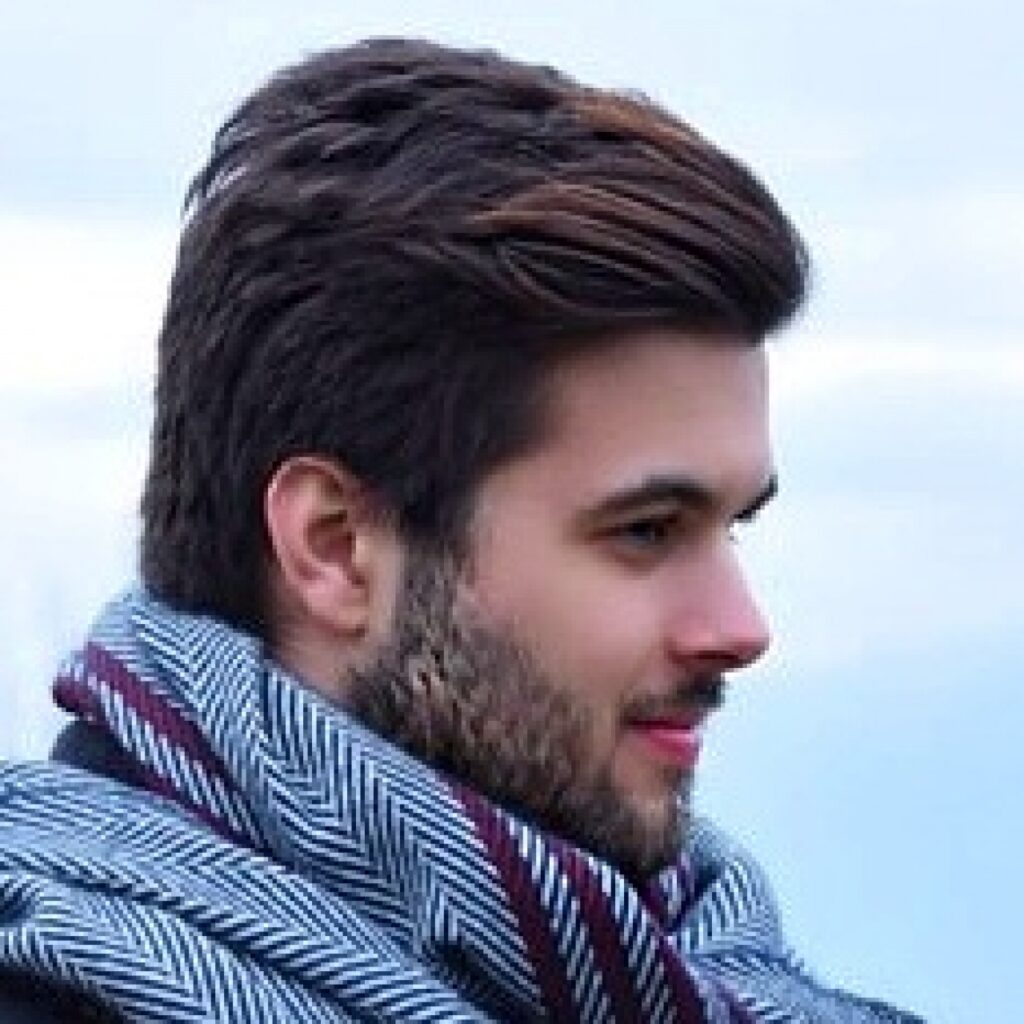
Tiago Ribeiro is an Assistant Professor at the Faculty of Sciences of the University of Porto (FCUP), Portugal. He has a PhD in Science Teaching and Dissemination (Expertise in Science Teaching) from the FCUP with the thesis “An approach to the Earth system from a Geoethics perspective: from Citizen Science to Science Education” – funded by FCT (ref. SFRH/BD/143306/2019). He has an MSc in Biology and Geology Teaching and a first degree in Biology from the same university. He is the Secretary (2022 –) of the International GeoScience Education Organisation (IGEO), the Portuguese Junior Ambassador (2020 –) of the Universal Scientific Education & Research Network (USERN), and an Associated Member (2023 –) of the IUGS Commission on Geoscience Education (IUGS COGE). Tiago does research at the Interdisciplinary Centre of Marine and Environmental Research (CIIMAR), where he is Co-PI of the Social and Educational Innovation (SEI) Group (2024 –). His research interests are science education in formal, non-formal, and lifelong education contexts to foster innovation and social impact within science education, addressing contemporary challenges and promoting inclusive and accessible learning environments for diverse audiences.
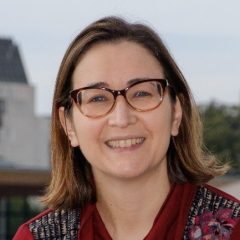
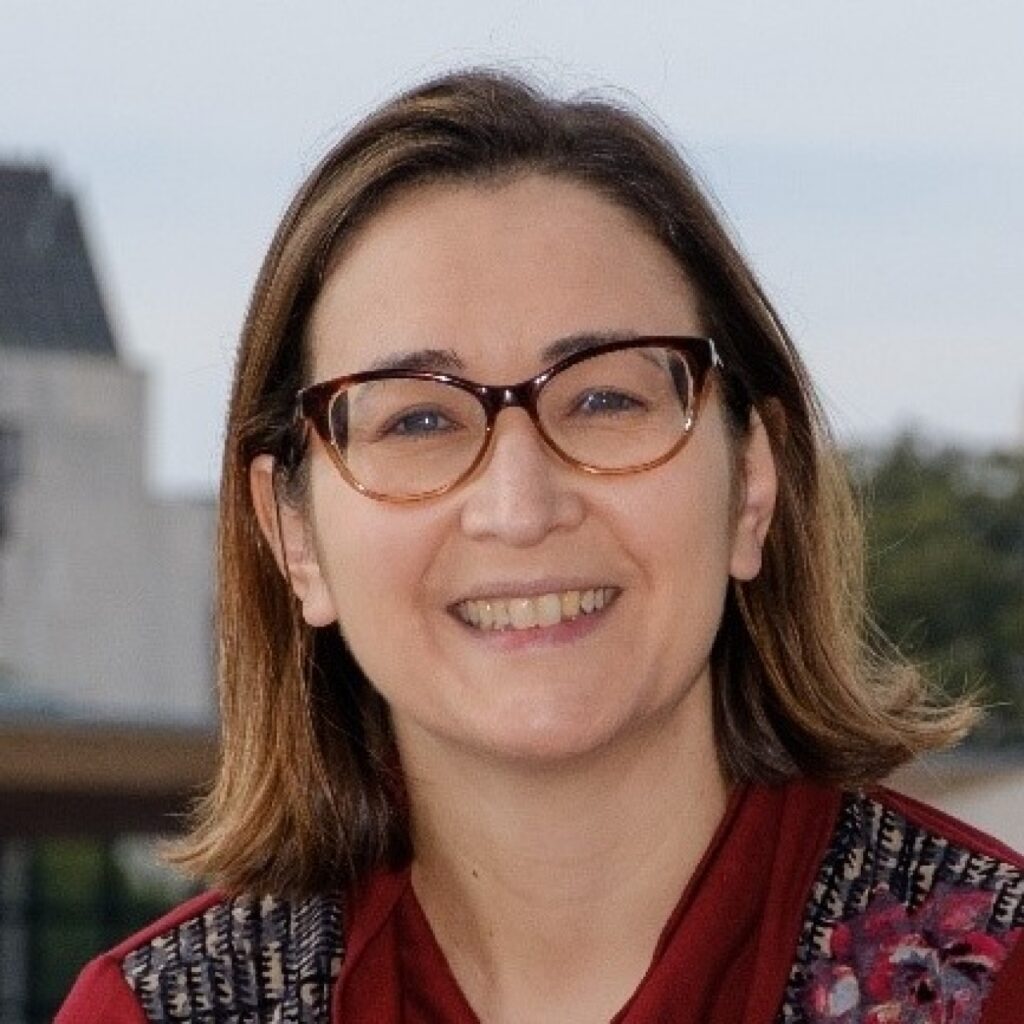
Ana has an MSc degree in Biology concluded at the Faculty of Sciences of the University of Porto (FCUP) and a first degree in Biology concluded at the University of Aveiro (UA). She also has a Specialized Training in Teaching Geology and Biology (University of Aveiro) and an in-service training in Teaching Geology and Biology (Santarém Higher School of Education). She is a teacher at Centro de Estudos de Fátima (CEF), an elementary and secondary school in Fátima. Currently, she is attending a PhD Program in Science Teaching and Dissemination (expertise in Science Teaching) of FCUP, whose thesis topic is on “Assisted human reproduction and bioethical dilemmas: Educational intervention in secondary education”. Thus, her present research focuses on contributing to the application of active teaching methodologies in Science teaching and enhancing the operationalization of the Bioethics approach in the 12th grade Biology school curriculum.
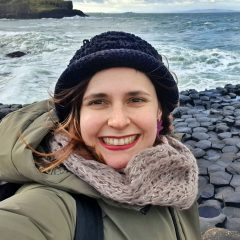

I have a degree in Biology and a M.Sc. degree in Biodiversity, Genetics and Evolution, by the Faculty of Sciences of the University of Porto. During my MSc I addressed connectivity as a core strategy for biodiversity conservation in arid regions. For the following three years I worked at CIIMAR in science communication in projects related with the use of ponds as a nature-based solution for ecosystem services delivery, biodiversity conservation and climate change mitigation. Simultaneously, I worked in environmental education about the importance of aquatic ecosystems and its species. Currently, I am developing my PhD project, which aims to integrate the landscape changes analysis and amphibian community characterisation of Mindelo Ornithological Reserve (Vila do Conde), with the development of citizen engagement activities through science communication to ensure science-based measures for amphibian conservation. My main research interests are biogeography, ecology and science communication and my main goal is to contribute directly to biodiversity conservation, sustainability and a more informed society.
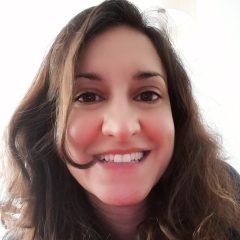
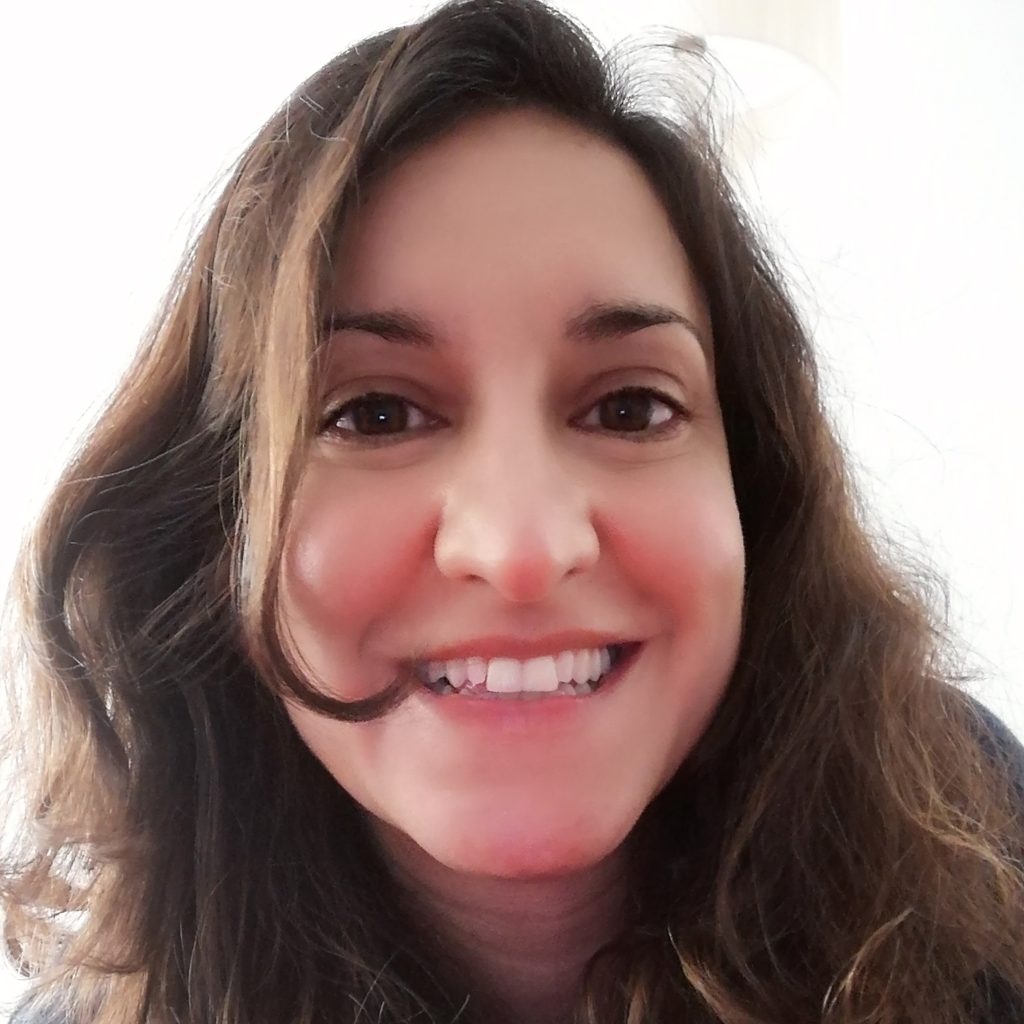
Marta has a MSc degree in Biology and Geology Teaching and a BSc in Biology (scientific-technological branch), both concluded at the Faculty of Sciences of the University of Porto (FCUP). She is a PhD student in Science Teaching and Dissemination (Expertise in Science Teaching), also at FCUP. Her main research interests are science education, sustainable development, the Earth system, bioethics and geoethics teaching and learning, and promoting participatory citizenship among young people.
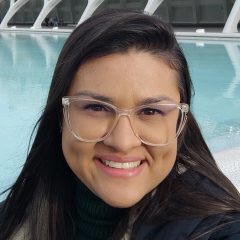
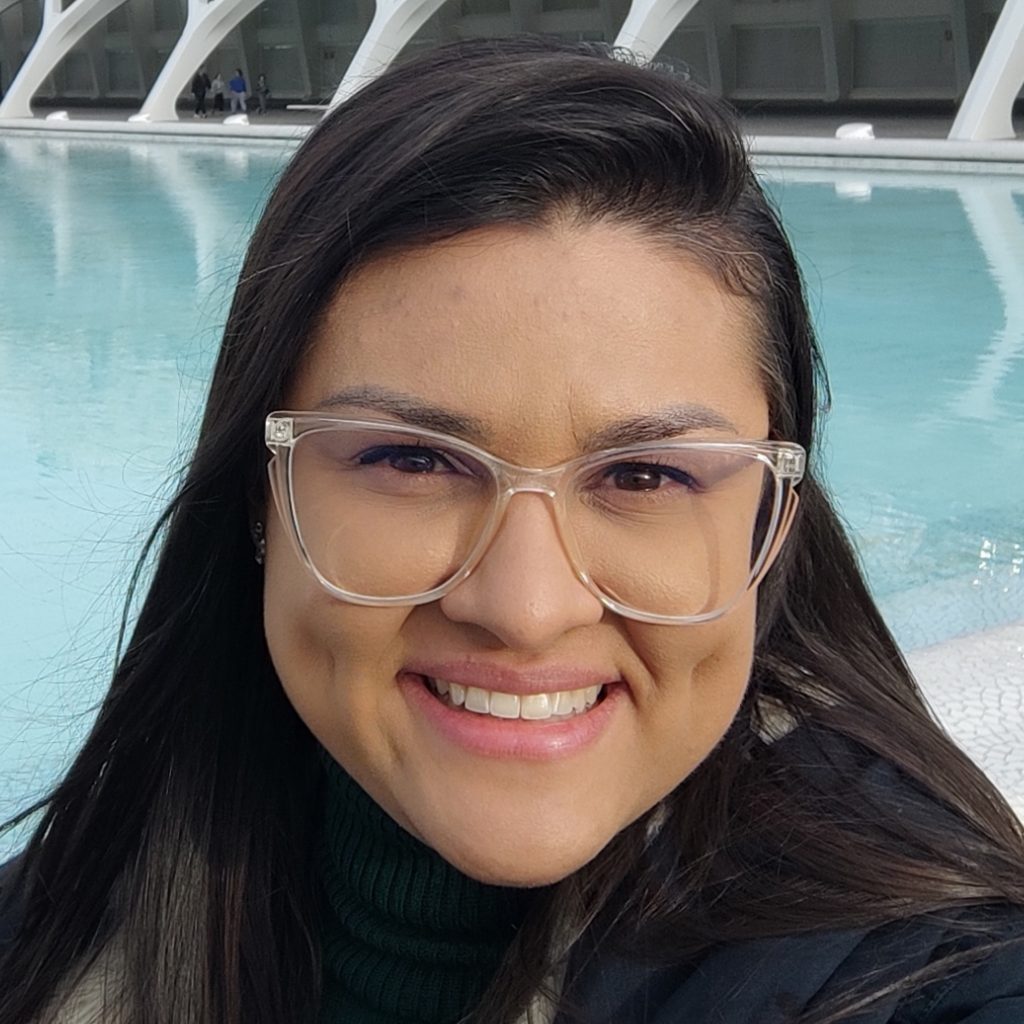
PhD student in Science Education and Dissemination, at the Faculty of Sciences of the University of Porto (FCUP). Master’s degree in Educational Technology from the Federal University of Ceará, Brasil (UFC) with the dissertation “Accessible interactions 500: an inclusive hybrid board game with augmented reality to help teach chemistry to deaf and hearing students”. Degree in Chemistry of the State University of Ceará, Brasil (UECE). She has experience as a Chemistry teacher and is a specialist in teaching the deaf. My research interests focus on science education and dissemination, with an emphasis on the deaf public.
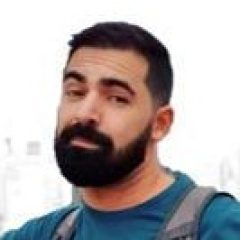
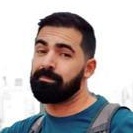
Nuno Teles has diverse experience in teaching, promoting, and communicating science. Since 2008, he has participated in several pedagogical projects at the University of Porto. He completed his postgraduate doctorate in Science Teaching and Dissemination, Expertise in Science Teaching. The research areas focus on formal and non-formal education. He serves as coordinator of the Educational Service of the Museum of Natural History and Science of the University of Porto, always seeking to improve his training through participation in various projects to promote science and the educational approach.
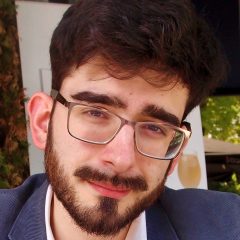
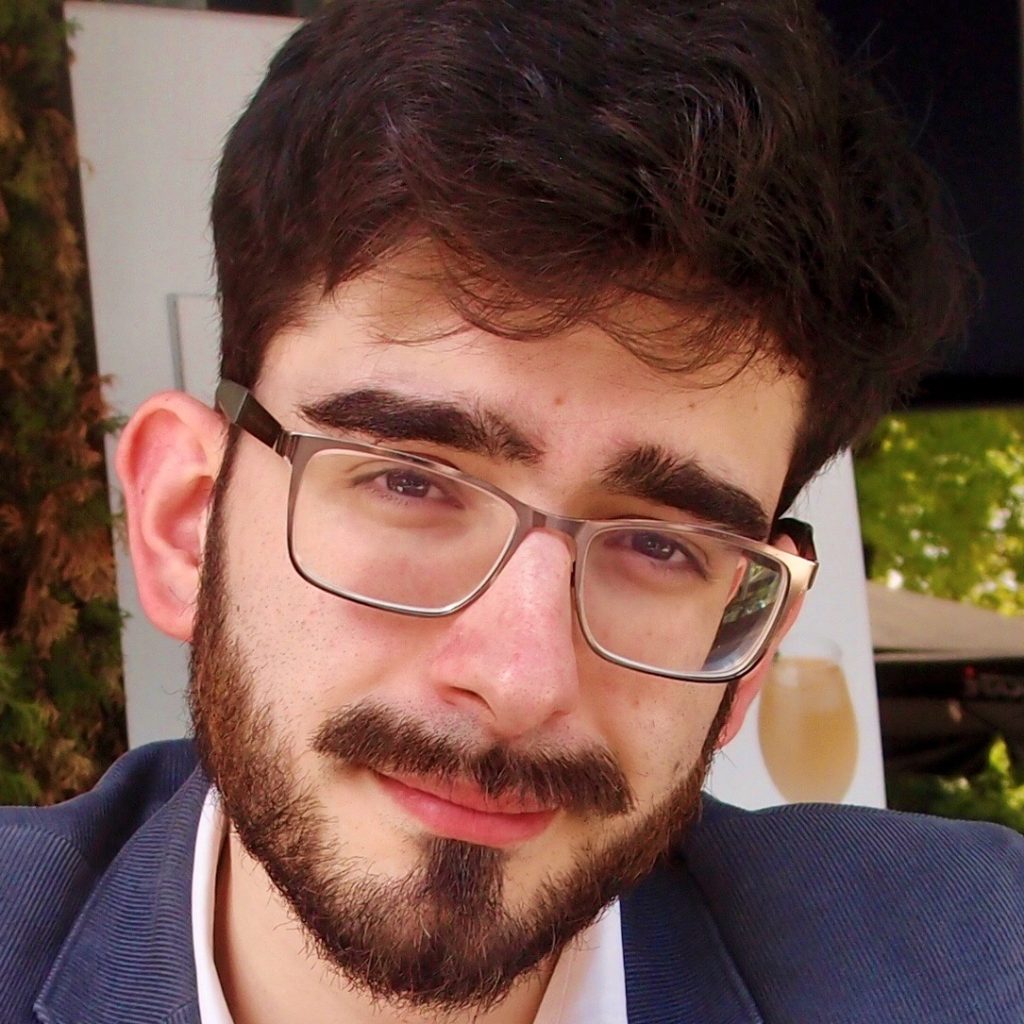
Pedro Sousa has a MSc degree in Science Education and Communication, and a first degree in biology by the University of Porto (FCUP). He is a Ph.D. student in Science Education and Communication (expertise in SciCom) in FCUP. He has a further specialisation in Health Communication, granted by FLUP, and has been previously involved in institutional communication at Ipatimup. He’s developing a podcast series for CIIMAR, which will be the foundation of his thesis.

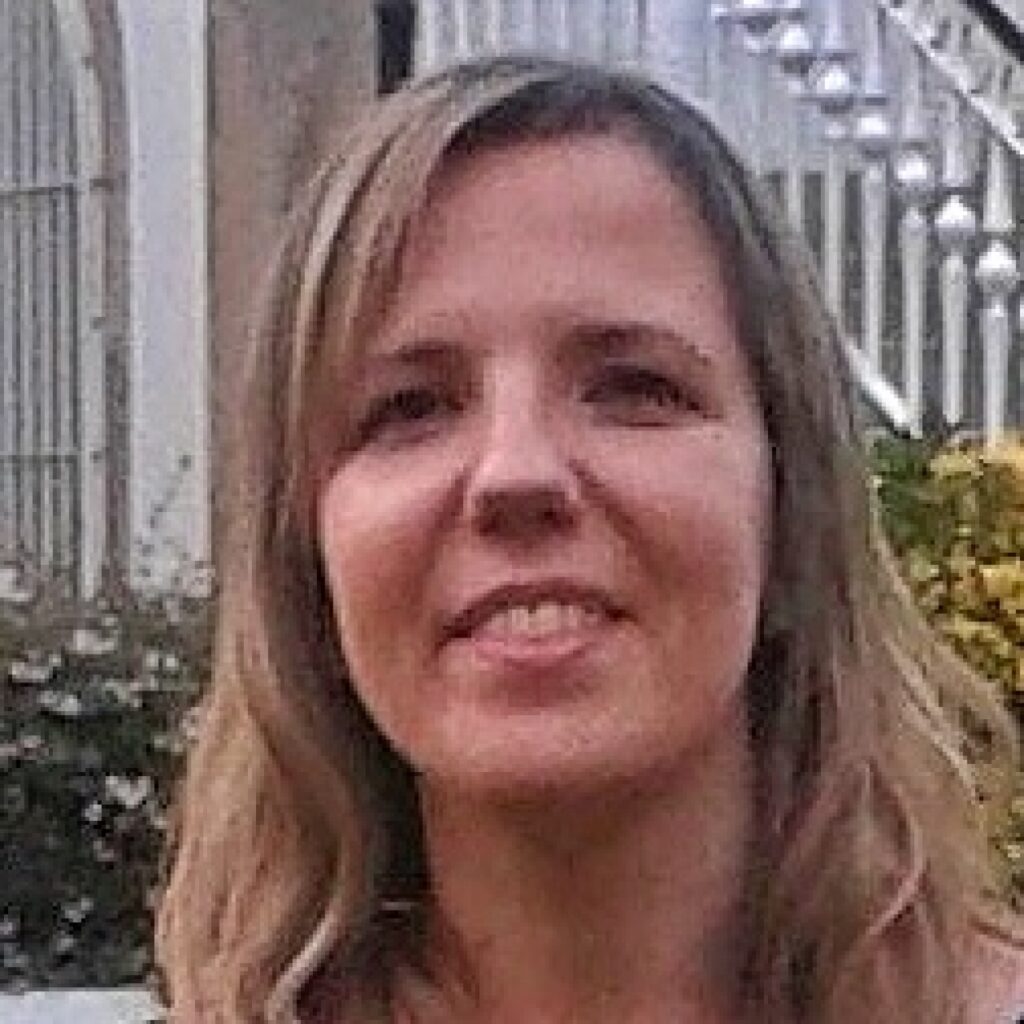
Tânia has a PhD degree in Science Teaching and Dissemination, expertise in Science Teaching (2019), with the thesis “Problem-Based Learning in Higher Education: a study in the field of Geology and Environment”, and a first degree in Biology and Geology Teaching (2002), both taken at Faculty of Sciences of Porto University (FCUP). She has worked as a teacher training supervisor in the context of Initiation to Professional Practice (FCUP). Tânia has collaborated in the development of school textbooks. She is a teacher at a public school, in the district of Porto, and an invited assistant professor, at FCUP (2023/24).
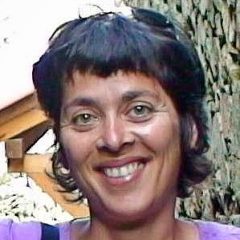
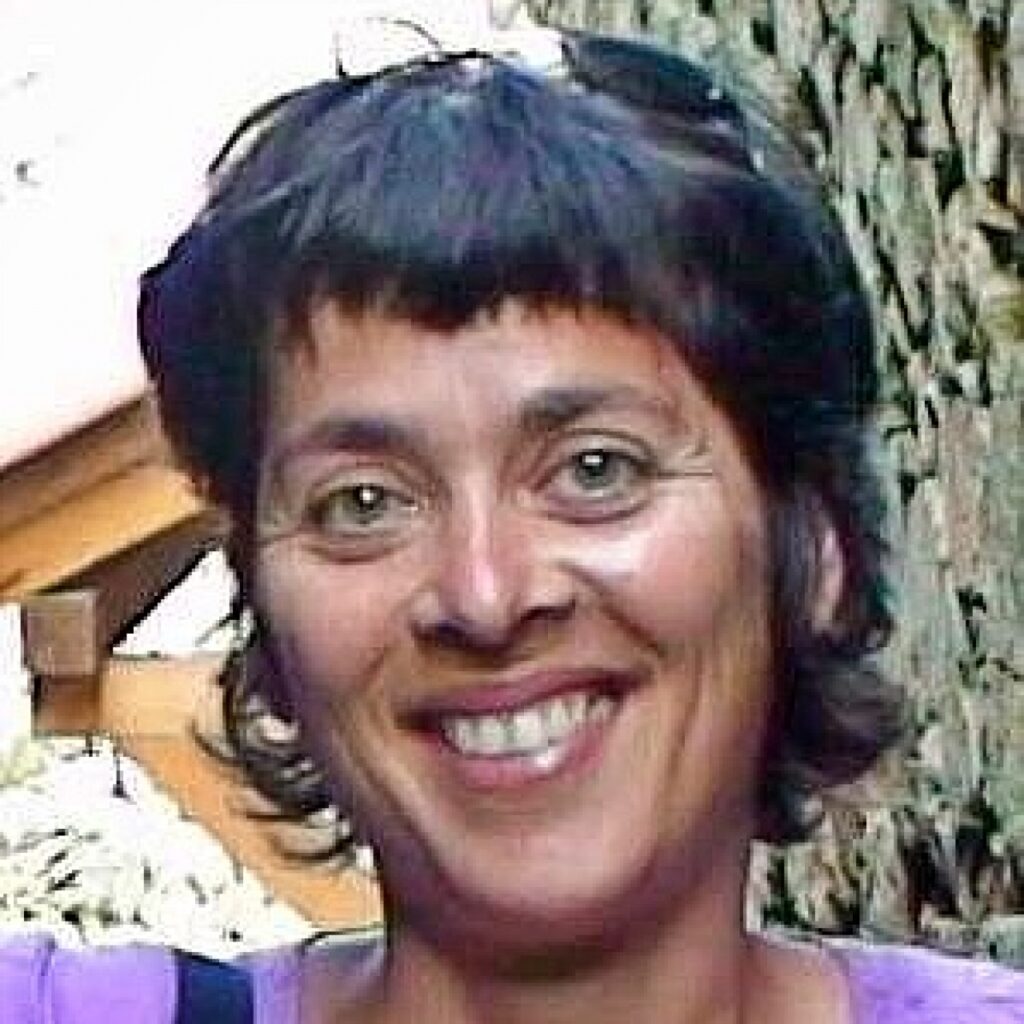
PhD student in Teaching and Dissemination of Science, at the Faculty of Sciences of the University of Porto (FCUP). Degree in Minning Engineering at the Faculty of Engineering of the University of Porto (FEUP) in 1998.Master’s degree in environmental engineering – water and wastewater treatment at the Faculty of Engineering of the University of Porto (FEUP) in 2001. Responsible for the environmental sector in Parque Biológico de Gaia since 2002. My research interests are focused on environmental education, science dissemination and education for sustainable development.


Tiago Ribeiro is an Assistant Professor at the Faculty of Sciences of the University of Porto (FCUP), Portugal. He has a PhD in Science Teaching and Dissemination (Expertise in Science Teaching) from the FCUP with the thesis “An approach to the Earth system from a Geoethics perspective: from Citizen Science to Science Education” – funded by FCT (ref. SFRH/BD/143306/2019). He has an MSc in Biology and Geology Teaching and a first degree in Biology from the same university. He is the Secretary (2022 –) of the International GeoScience Education Organisation (IGEO), the Portuguese Junior Ambassador (2020 –) of the Universal Scientific Education & Research Network (USERN), and an Associated Member (2023 –) of the IUGS Commission on Geoscience Education (IUGS COGE). Tiago does research at the Interdisciplinary Centre of Marine and Environmental Research (CIIMAR), where he is Co-PI of the Social and Educational Innovation (SEI) Group (2024 –). His research interests are science education in formal, non-formal, and lifelong education contexts to foster innovation and social impact within science education, addressing contemporary challenges and promoting inclusive and accessible learning environments for diverse audiences.
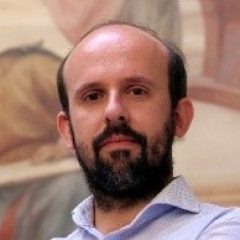
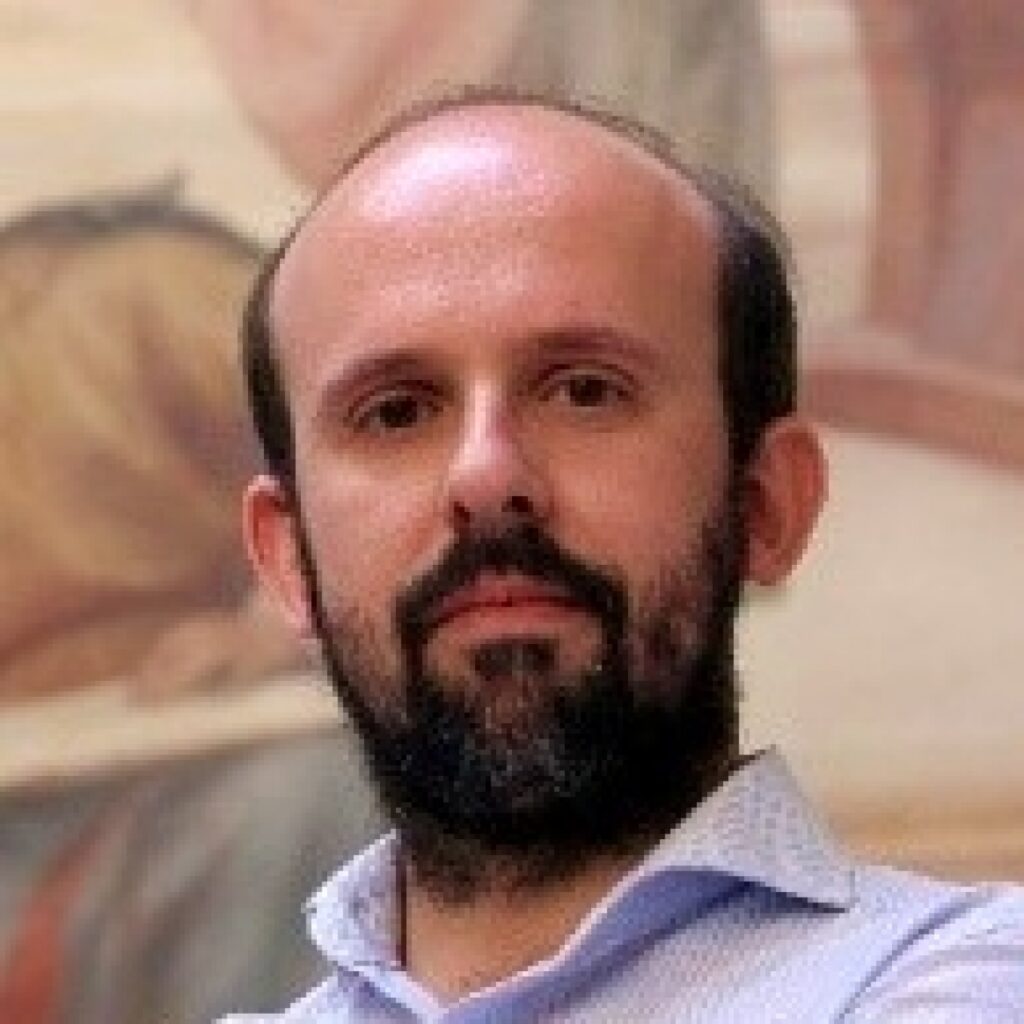
Vítor Silva is currently responsible for the team working in the Outreach and Community Relations Office, and he is also PhD student in Science Education and Dissemination; he has a Biology and Geology degree (2004) with a specialisation in Geology for Teaching. From 2017 to 2021, he served as a member of the General Council of the University of Porto. He is a co-author of some books about Biology and Geology targeted at secondary school students. He designed or helped to develop several actions of science communication directed to a young audience but also to the public at large. Since 2006 he has been the coordinator of U. Porto’s Junior University project, responsible for assembling the different activities that are proposed into coherent educational programs while also managing the webpage and database of the U.Jr., as well as evaluating the impact of the program, subject on which he has already presented several communications in national and international conferences. He was also a national coordinator of an H2020 European Project and has applied for other foundlings.
Vasconcelos, C. & Paz, M.
2023Front. Educ. 8:1115984Vasconcelos, C., & Pinto, T.
202313(11), 1135Vasconcelos, C., Cardoso, A., & Ribeiro, T.
202313(10), 302Vasconcelos, C., Calheiros, S.C.C. (Eds.)
2022Springer International PublishingVasconcelos, C.; Silva, J.; Calheiros, C.S.C.; Mikusiński, G.; Iwińska, K.; Skaltsa, I.G.; Krakowska, K.
2022Sustainability 14, 1593.Website by: Glitz Design